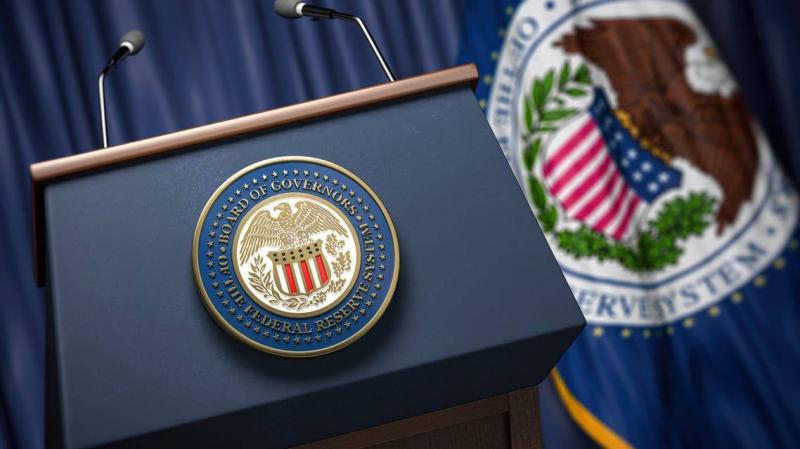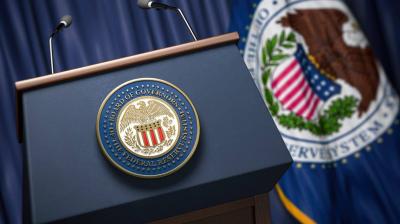U.S. Federal Reserve officials will be banned from trading individual stocks, bonds, digital currencies, and other investments under new rules adopted on Friday, following controversial stock market dealings that led to the resignation of prominent figures last year. Under the new rules, unanimously approved by the Federal Open Market Committee responsible for policymaking, officials of the U.S. central bank, including its Chair and Vice Chair, will not be allowed to hold foreign currencies or engage in practices known as "short selling" or "margin trading."
The committee stated that the rules "aim to enhance public trust in the committee's neutrality and integrity by guarding against any potential conflicts of interest." The new rules also specify which senior officials will be prohibited from trading "during periods of heightened pressure on financial markets."
Last year, two presidents of Federal Reserve branches resigned after information emerged about their trading in individual stocks in 2020 when the bank was seeking to support an economy hit by the COVID-19 pandemic. Richard Clarida resigned last month before the end of his term as Vice Chair of the bank, following media reports questioning his stock market dealings in February 2020, just before the markets collapsed amid news of the COVID-19 outbreak in the United States.
The Federal Reserve is currently undergoing a leadership change, with Chair Jerome Powell waiting for Senate confirmation for a second term alongside Lael Brainard as Vice Chair, and the appointment of three new members to the Board of Governors. Earlier this week, Republican opposition disrupted a vote on candidates for the Senate Banking Committee, criticizing the views of two nominees for the governorship proposed by Democratic President Joe Biden.
The Federal Open Market Committee (FOMC) is responsible for making key decisions regarding the central bank's policies that have a significant impact on global markets. The committee is expected to discuss raising the current zero interest rate for the first time since the crisis triggered by the pandemic in the world's largest economy. The new rules for the central bank will take effect on May 1, and officials subject to these rules will have 12 months to divest from non-compliant investments.




